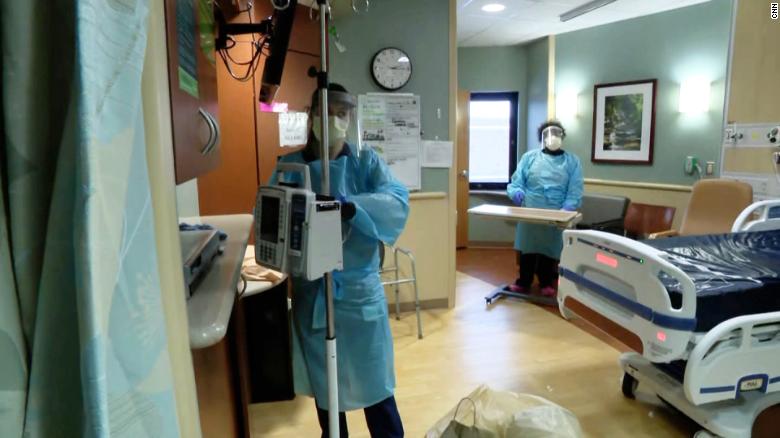Most immigrant families still face confusion and fear as a result of the repealed “public charge” policy of the government of former President Donald Trump, a survey by the Protecting Immigrant Families (PIF) coalition revealed on Thursday.
Under this policy, immigrants who requested social assistance for housing, food or health care, among other needs, could be excluded from obtaining permanent residence, better known as a “green card”.
The survey, sponsored by the No Kid Hungry organization, found that three out of four immigrant families were unaware that the harsh changes to the public charge rule by the previous Administration were reversed earlier this year by the current president’s government. , Joe Biden.
The controversial program was also vetoed by federal courts, which ruled in favor of several plaintiffs. However, Texas and 13 other states have started lawsuits to restore it.
Only 22% of surveyed families “have heard much” about the most recent changes to “public charge” policy.
Fears caused by the policy prevented 46% of immigrant families from requesting assistance during the COVID-19 pandemic due to concerns about their immigration status.
The researchers considered the findings to show that “misinformation and fear about immigration consequences continue to prevent these programs from reaching both eligible immigrant children and US citizens, contributing to increased hunger among families of color.” .
In the United States, more than 18 million children, almost 25% of the country’s minors, live in households where at least one of the adults is an immigrant.
After confirming to respondents that “public charge” had been repealed, 50% of respondents said they are now more likely to use safety net programs when necessary.
Investigators cautioned that reversing the public charge rule was an important first step, but not enough.
“We must redouble our culturally responsive outreach to eligible immigrant families so that they have information on the programs for which they qualify,” the report highlights.
The survey was conducted of 1,000 people nationwide, mostly Latino or Asian American / Pacific Islander, the two ethnic / racial groups of immigrants most affected by the public charge rule.
–


